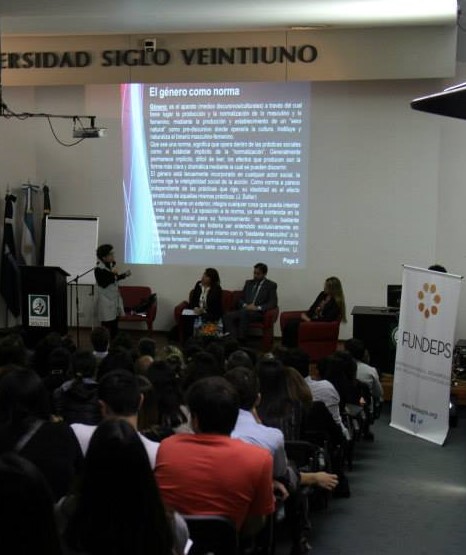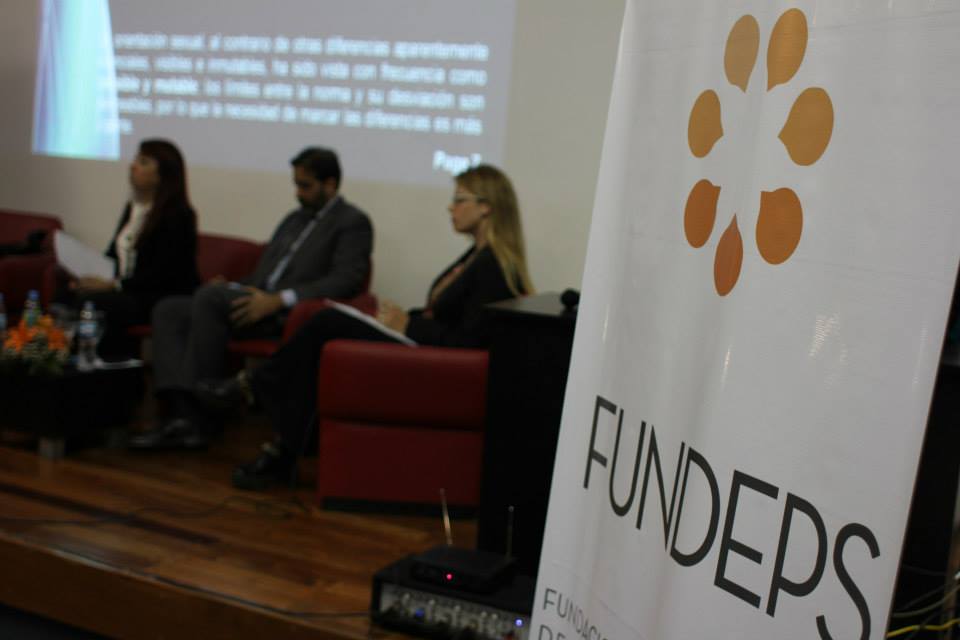In recent years, China has substantially increased its investments and funding for the development of the majority of the countries in Latin America. Civil society organizations are worried about environmental standards and human rights.
The recent tour of Latin America by the president of the People’s Republic of China Xi Jinping in Brazil, Argentina, Cuba and Venezuela, and the corresponding agreements both bilateral and multilateral signed by the president, did nothing but reinforce a tendency that has been growing little by little over the course of recent years: the growing presence of China in the region, resulting in a substantial increase in the amount of investments and funding for the development of the majority of the countries in Latin America. Specific examples of this are the official visits, which, during 2013, were made by the president to Mexico, other Central American countries and the Caribbean, and the visits by the former Chinese prime minister Wen Jiabao to Brazil, Argentina, Uruguay and Chile in 2012, which resulted in the creation of the China-Latin America Cooperation Fund.
If the main agreements signed during this presidential tour are analyzed, it is easy to see that the infrastructure sector is the leading destination of the Chinese investments, especially transportation and energy. For example, the agreements signed in Argentina involve the investment of more than $4,800,000 for the restoration of railroads (e.g. Belgrano Cargas), the funding of hydroelectric dams, and various agreements on the subject of nuclear energy, infrastructure, agriculture and the naval industry, among others (listed under signed agreements). In the case of Venezuela, the agreements involve funding social and infrastructure projects and an agreement with PDVSA for mineral research. In Brazil, the Chinese president attended the sixth BRICS (Brazil, Russia, India, China and South Africa) Summit at which the Reserve Fund and Development Bank of the BRICS (named New Development Bank) was established. The bank aims to mobilize resources for infrastructure projects and sustainable development in emerging and developing economies, and is considered an “alternative” to the World Bank and the IMF.
If the total numbers are observed, since 2005 onwards China has given loans to the region topping 100 billion dollars, in a relationship that many have defined as “mutually beneficial,” considering that China obtains the resources and raw materials that its growing economy demands (basically food and energy resources), while the Latin American countries access an important and needed source of external funding.
However, what has not been taken into account in this analysis and is being largely overlooked by the different Latin American stakeholders both public and private are the socio-envrionmental and human rights risks that can come with projects and initiatives funded in this way, which generally come with requirements and socio-environmental standards more flexible than traditional funding sources, like the World Bank or the IDB, for example. Projects funded this way continue to be strongly questioned by civil society for their inability to effectively address the protection of the environment and the human rights of the populations involved.
In turn, it is very difficult to access accurate and reliable information about the Chinese investments (amounts, conditions, characteristics of the funding, stakeholders, etc.) both in the region in general and in Argentina in particular, since there is not currently a large number of stakeholders (whether they be from the civil society, like academia, the private sector or even the public sphere) who are dedicated to detailed tracking and monitoring of this type of financing, and, more importantly, of its impacts and implications on each one of the countries.
In this type of scenario, where on one hand the amount of the investments and loans increase exponentially and on the other hand, the information is limited and ambiguous, some of the stakeholders in the civil society have begun to try to conduct research and monitoring, and have even built tools that allow a greater understanding of the characteristics and particularities of the Chinese investments in the region.
Recently, for example, the Center for Economic and Social Rights (CDES) in Ecuador presented the “Legal manual for Chinese environmental and social regulations for foreign loans and investments,” a theoretical and practical tool destined to serve as a guide for local communities and share the parameters in relation to rights and sustainability against Chinese investments and loans. The document, written by Paulina Garzón, represents a huge advance for the communities and the rest of the sectors of civil society involved and contributes substantially to a better comprehension of a topic of increasing relevance for our region.
Keeping in mind this increasing need, FUNDEPS has recently begun a project monitoring and tracking this topic in the framework of research and advocacy being carried out by the different regional stakeholders of the funding for development.
More information:
– CDES – Legal manual for Chinese environmental and social regulations for foreign loans and investments
Contact:
info@fundeps.org
Translated by Lindsay Graham


